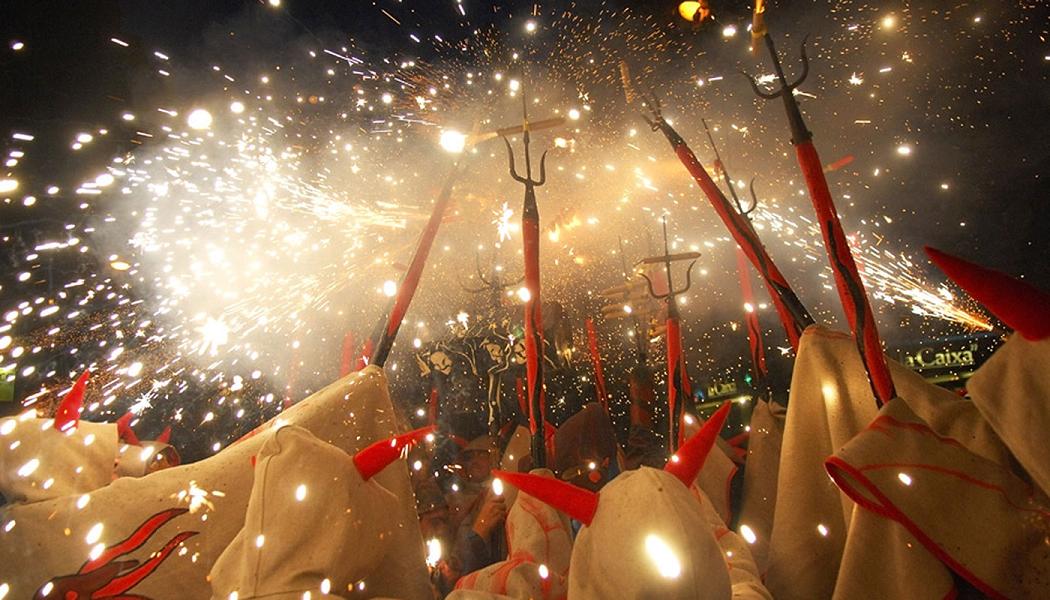Evidence of this history appears in local communities stretching across the region: the Roman settlement of Barcino which ultimately grew into Barcelona, Romanesque churches and cathedrals dedicated to local saints, castles that separated Christian kingdoms and the Muslim Caliphate of Al-Andalus during the Middle Ages, modernist masterpieces by Antoni Gaudí and his protégés, and contemporary architectural monuments that reference Catalonia’s role as an international hub for technology and innovation.
Since the 1700s, various political regimes, including the dictatorship of Francisco Franco from 1939 to 1975, criminalized much of Catalan language and culture, but thanks to their resilience, many Catalans have poured their energy and creativity into strengthening their language, which now has more than ten million speakers. They have also built cultural organizations that celebrate local cultural expressions, even as they have integrated more than a million new immigrants in the last decade.
These efforts were the result of a potent cultural renaissance in the mid-1800s. The Renaixença reclaimed Catalan from family and farm life and elevated it as a language for creative expression. At the same time, the movement celebrated local traditions, historical sites and stories, and the region’s unique landscape. This Romantic Movement provoked a profound transformation of Catalan values. As Catalans searched for new ways to show their changing sense of identity, they created new cultural expressions and organizations. Even now, many Catalans channel their bold creativity into these cultural heritage enterprises to ensure the vitality of their local cultures and their livelihoods.
The Smithsonian Folklife Festival is co-producing this program with the Government of Catalonia’s Department of Popular Culture and Cultural Associations and the Institut Ramon Llull with support from other Catalan institutions.






